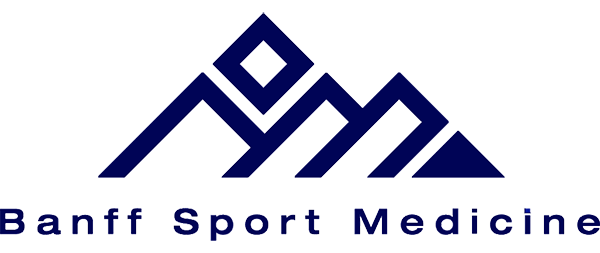How nutrition can help optimize your recovery from surgery
Nutrition is a critical part of health and development, but it’s often overlooked amidst the flurry of preparations when having surgery.
Considering your nutritional requirements before and after surgery, however, is an important part of optimizing your outcomes and recovery.
Nutrition plays a vital role in supporting the body’s ability to withstand the stress of surgery and helps promote healing.
Preoperative Nutrition
Preoperative nutrition sets the stage for a successful surgical outcome.
Adequate nutrition before surgery ensures the body is equipped with essential nutrients, vitamins, and minerals necessary for optimal function and resilience.
Malnutrition prior to surgery can significantly delay wound healing, increase the risk of infections, and prolong recovery times.
Thus, it is important for patients to maintain a well-balanced diet rich in protein, vitamins, and antioxidants leading up to surgery.
In cases where preexisting malnutrition is identified, nutritional interventions may be necessary to optimize the patient’s nutritional status before surgery.
Immediately before surgery, your doctor may ask you to drink a sugary beverage. This beverage can help the body process carbohydrates better in the post-surgery stage.
Please follow all recommendations from your surgeon and those found in your surgery booklet.

Image: www.drahmadmd.com
Postoperative Nutrition
During surgery, the body undergoes significant stress and inflammation, as well as changes to the way it generates energy. Fat and muscle may be broken down to support the energy demands of tissue repair and wound healing.
Thus, optimal nutrition while recovering from surgery is essential to support these processes, preserve lean body mass, and optimize recovery.
A well-balanced diet high in protein, fruits, vegetables, and whole grains will provide the necessary building blocks to help your body heal. Include foods rich in omega-3 and drink plenty of fluids.
Benefits of Optimal Nutrition Before and After Surgery
There are many benefits of optimizing nutrition before and after surgery.
Patients who receive adequate nutrition experience shorter hospital stays, reduced rates of postoperative complications, and improved overall outcomes.
Proper nutrition can enhance immune function, reduce the risk of infections, and promote faster wound healing.
Moreover, patients who are well-nourished are better equipped to withstand the physiological stress of surgery and are more likely to regain strength and mobility sooner.
Consulting a Registered Dietitian prior to surgery can help in many ways.
They can:
- Conduct a nutrition pre-screen to ensure optimal surgery outcomes
- Support your increased nutrition needs during the inflammatory and healing phases of surgery
- Provide strategies that help reduce muscle loss
- Help you manage post-surgical symptoms such as reduced appetite, nausea, and constipation
Overall, nutrition plays a pivotal role in optimizing surgical outcomes and promoting recovery.
From optimization of nutritional status before surgery to postoperative nourishment, every phase presents an opportunity to enhance patient outcomes through targeted nutritional interventions.
LINDSAY HAAGER, REGISTERED DIETITIAN
Lindsay is a seasoned registered dietitian with over a decade of professional experience. While her expertise spans a broad spectrum of sports nutrition, she holds a special passion for optimizing nutrition in the realms of endurance sports, climbing, injury recovery and skimo racing. She is a firm believer in equipping clients with the tools and knowledge needed to maximize their athletic performance and health through nutrition.
Lindsay happily works with clients 18 years of age and older.



